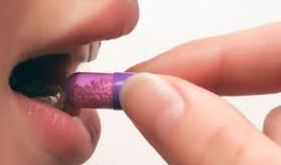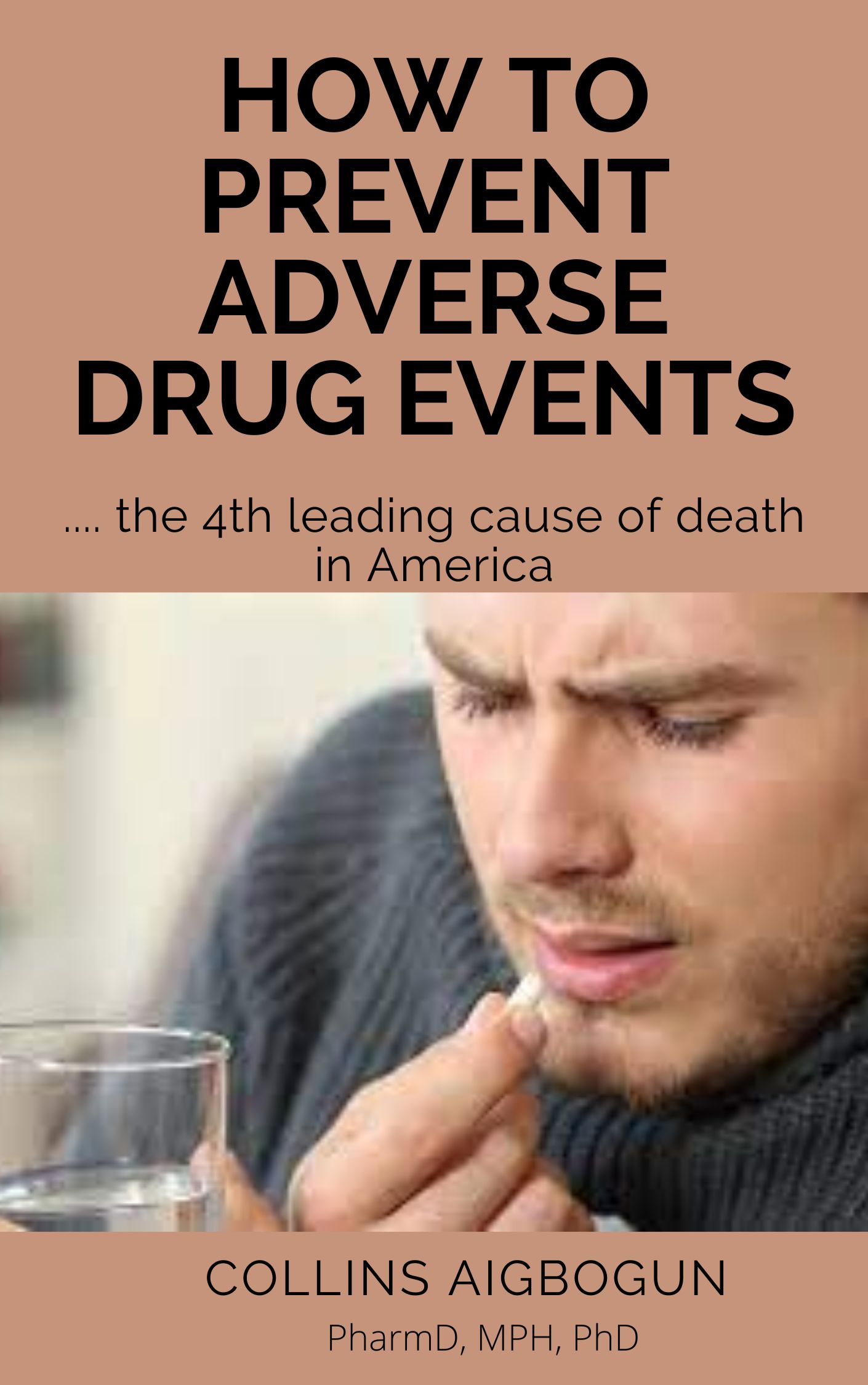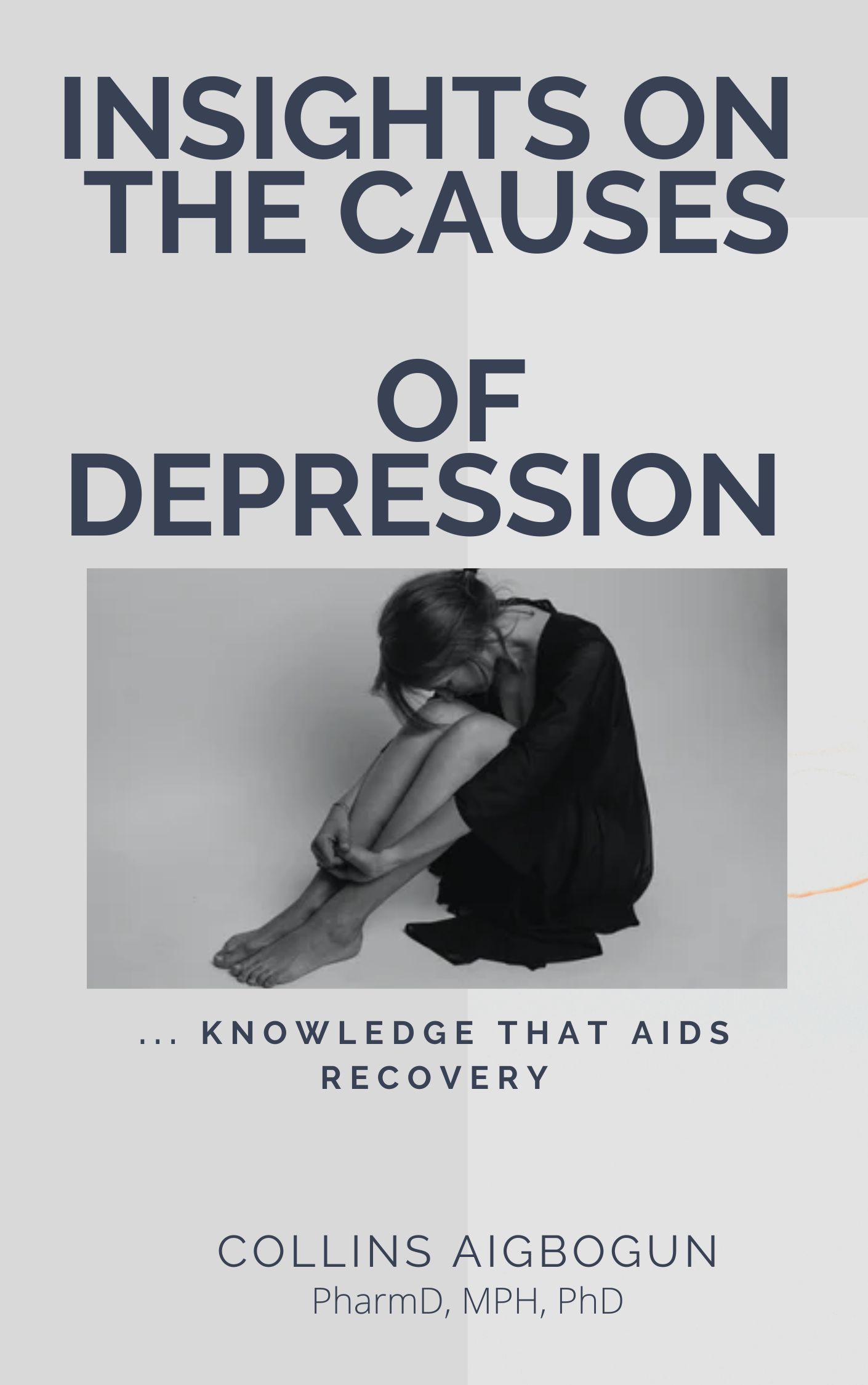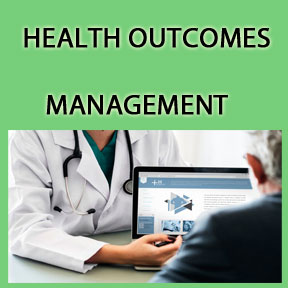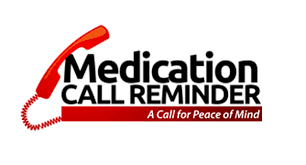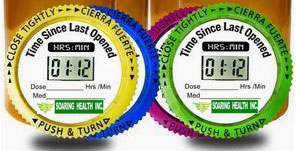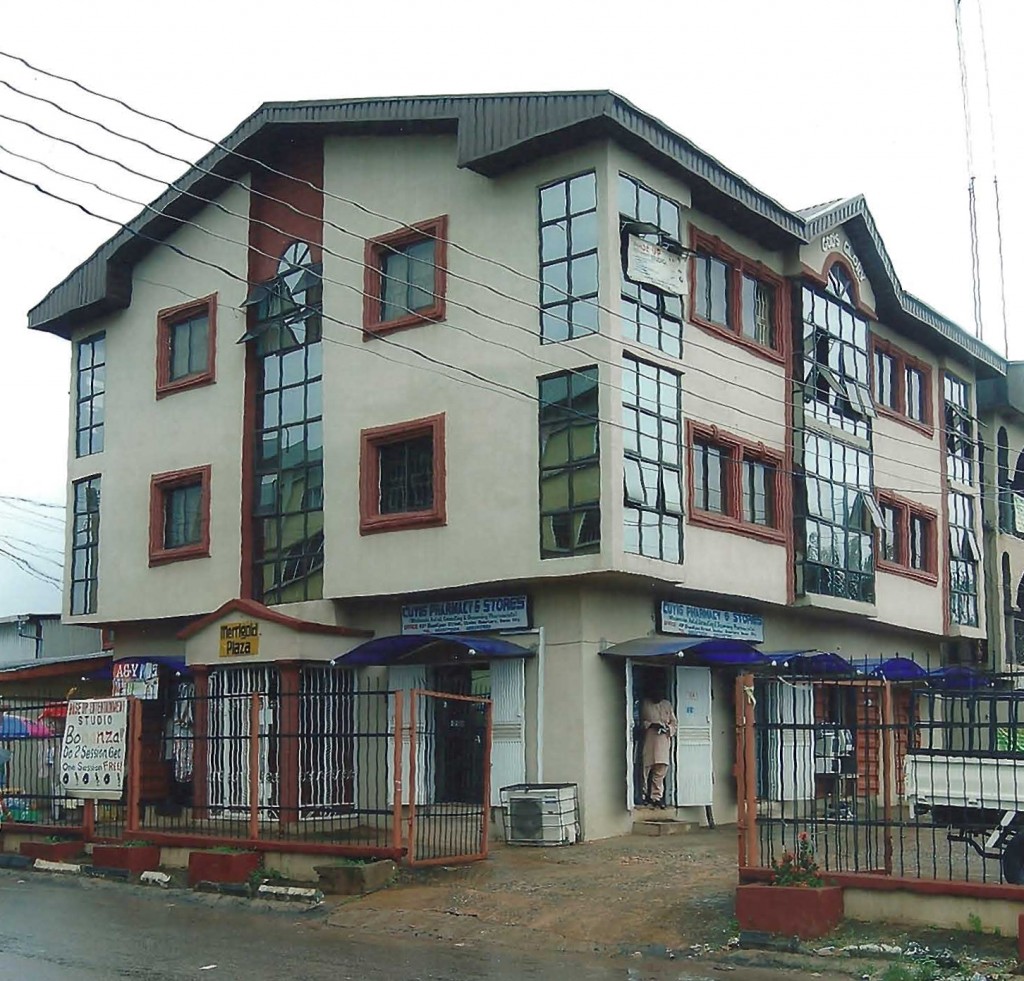Financial Burden of Non-optimized Drug Therapy
The ever-increasing cost of prescription drugs is a burden to most people, including Americans. Nevertheless, the actual cost of drugs and its ensuing challenges are more than what is shown on the bill. Non-optimized drug therapy often leads to additional loss resulting from the use of try-and-error medication, medication non-adherence, and drug addiction. Other consequences of non-optimized drug therapy include frequent emergency department visits, hospitalizations, medical appointments, and more medication use. Sometimes, it could result in death.
According to a recent study published in the Annals of Pharmacotherapy, the estimated cost of non-optimized therapy in the United States is over $528 billion every year. This amount is about 16% of total US health care budgetary expenses in 2016. This amount is significantly higher than what it was a decade ago, which was about $290 billion every year.
Health professionals can guide patients to get the best from their existing medications. Due to easy accessibility to the general public, pharmacists play a vital role in optimizing medication therapies such that the patient will have the best outcome at the lowest financial cost. As a solution, better coding, tracking systems, and patient-tailored techniques such as pharmacogenomics can enhance therapeutic results. Health professionals, including pharmacists, physicians, nurses, and other health professionals, have unique skills to detect useful changes in a patient’s medication profile that can optimize therapy and reduce unnecessary costs.
WAYS HEALTH PROFESSIONALS CAN IMPROVE MEDICATION OPTIMIZATION.
One of the benefits of medication optimization is that there is a higher likelihood of adherence and a lower incidence of an adverse drug reaction. Also, there will be greater control of disease and health burden. Adherence is vital for all health conditions, especially among patients who take expensive specialty medications. For example, a patient with multiple sclerosis or seizures can have a relapse if the patient does not receive the most benefit from existing medication. Also, cancer patients might experience disease progression if they don’t take their drugs at the right time. Despite the presence of some technology that can remind patients to take or refill their medications or sometimes track their medication intake, patients need a personalized touch from a drug expert who can help. Some of the fundamental ways pharmacists can help patients optimize their medications include:
1. Recommend the use of pill dispensers, enhancers, or reminders.
2. Strongly suggest that patients use only one pharmacy to reliably coordinate the medications the patients receive from multiple health care providers.
3. Practice motivational interviewing when counseling patients.
4. Discuss all available avenues for refills, which may be via phone call, text message, email, app, or something else.
5. Encourage patients always to have a list of the medications they take.
6. Recommend that patients, especially older patients, schedule an annual review of their medication list. This review includes OTC drugs and dietary supplements. These annual reviews are helpful when formulating a feasible plan that can help patients.
CONCLUSION
If a patient adheres to counsel, the patient will likely benefit from the expert pharmacotherapy knowledge of his / her health professional. There are benefits in following recommended guidelines. Click here to learn how to receive more benefits from existing medications.



